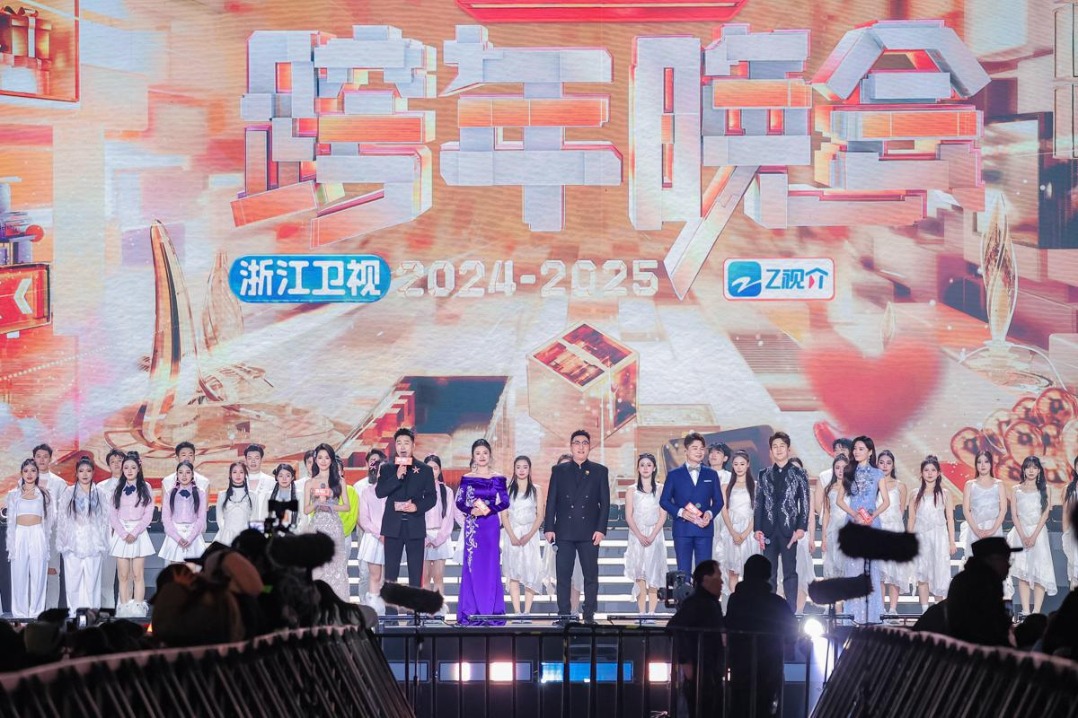Revolutionary changes are reshaping global ties

 |
| Bernard Dewit, chairman of the Belgian-Chinese Chamber of Commerce |
What are your views of the CPC since Xi became its leader in 2012?
The present leadership is mature. In the 1980s, China's leadership-with Deng Xiaoping as architect-brought revolutionary changes thanks to the reform and opening-up policies. A new revolution has taken place in China since Xi Jinping was elected. China has made great steps in economic restructuring, environmental protection, fighting corruption, opening up its economy and proactive engagement with international politics. Xi faces challenges, but he is not afraid. It is revolutionary both in terms of words and actions.
What has impressed you most about Xi's leadership?
Xi has been courageous in tackling problems brought by impressive growth in previous decades. He is determined to cope with environmental woes, administrative inefficiency and corruption.
I think what Xi and his team are doing to cope with these issues comprehensively is brave. Many leaders in Europe don't dare to take radical measures. They postpone such decisions. For Xi, the task was huge and challenging, and he deserves admiration because he went ahead, and did so in a smooth way. This reinforced the credibility of the Party, and I hope that he can continue and go further.
What has Xi achieved internationally?
When you look at China's role in international politics, it's growing in importance. This makes sense because China has a big population and a strong economy.
This means more international influence and power. China is taking action instead of merely making declarations like some countries. In terms of international politics and economics, the Belt and Road Initiative is impressive.
What was your impression of Xi when you met him in 2014?
I was struck by his confidence, and the fact he has vision and knows where he's going. It's encouraging that Xi visited the European Union headquarters in early 2014. But the question is, what should be the priority in boosting Beijing-Brussels relations in the coming years? We should go ahead with an investment and free trade treaty as soon as possible, though there are different voices within the EU.
What do you think of Xi's approach to dealing with global powers?
Xi has never told European nations what to do. Xi and the Chinese leadership have always discussed issues with European countries. Xi said in a speech that we need to join forces, we need to have a common aim. He has not said we have this project in China, do that here in Europe. That is appreciated in Europe.
Do you think Brussels will treat Washington and Beijing equally in two or three years?
It will not happen quickly, but I think our strong links with the United States could weaken. I don't think they will be the same as those with China, as there's a long history with the US. But we are not so sure of the political future of Brussels-Washington relations. Europe has more in common with China than with the US. The US is relatively new. China and Europe are much older in terms of culture. We have that in common. We should play on that.
- Shanghai Maritime University strengthens cooperation with maritime university in Poland
- Potala Palace celebrates 30 years as UNESCO World Heritage site
- New cross-regional computing service hub officially in operation in West China
- Brain-computer interface makes breakthrough by deciphering Chinese speech in brain
- Taiwan authorities urged to cease obstruction of cross-Strait media exchanges
- Chinese premier calls for ensuring good start to 2025 economic development





































